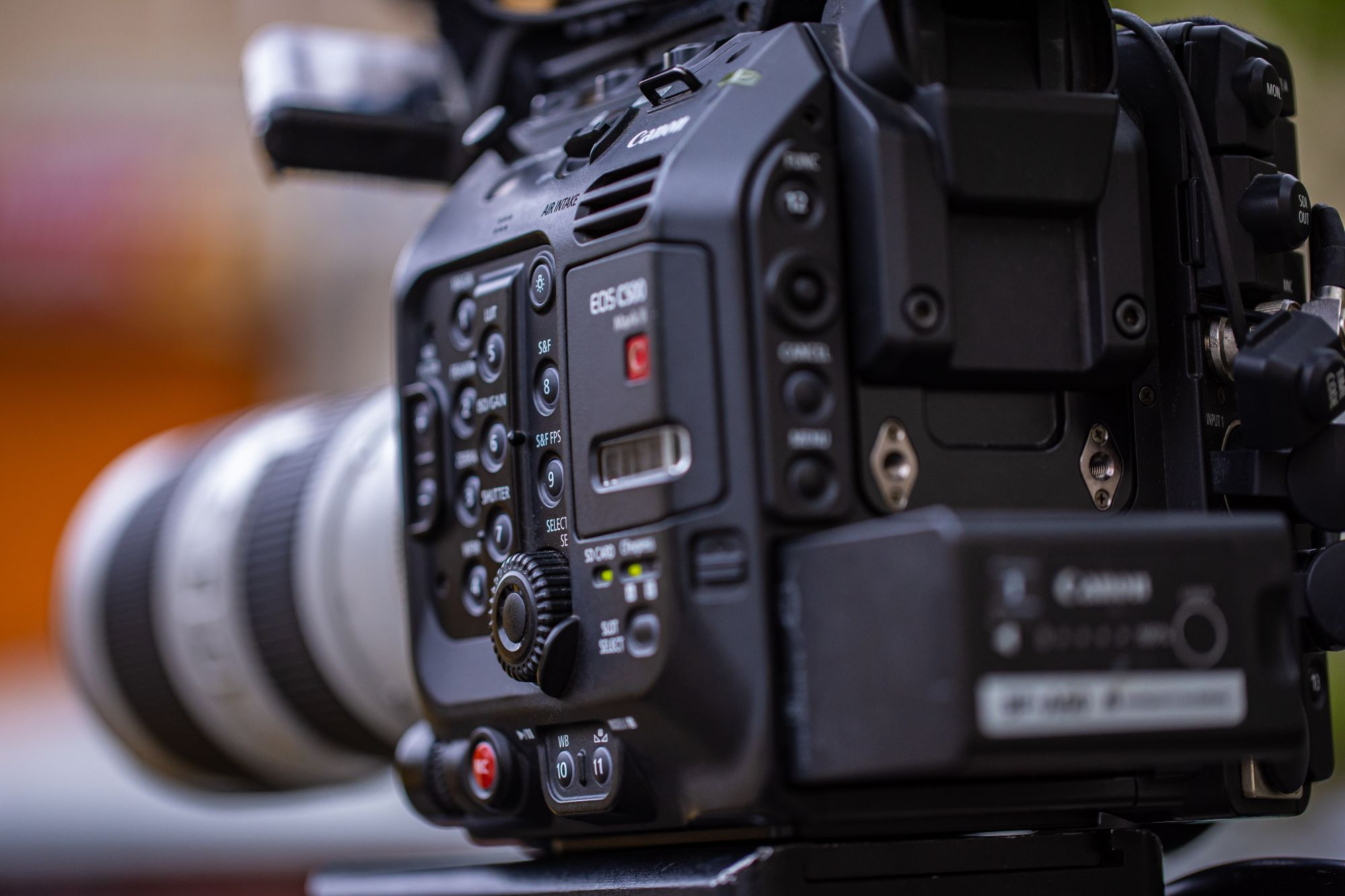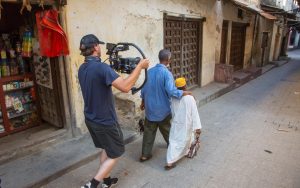Africa, with its diverse landscapes, rich cultures, and compelling stories, offers a treasure trove of opportunities for filmmakers. From the bustling streets of Lagos to the serene landscapes of the Serengeti, the continent provides a backdrop that is both visually stunning and narratively enriching. However, filming in Africa comes with its own set of challenges, particularly in the realm of film fixing. This article delves into these challenges and underscores the importance of foreign companies collaborating with local talent and resources.
1. Understanding Film Fixing: Film fixing is the process of facilitating the production of films, documentaries, or TV shows in a foreign country. Fixers are local experts who assist foreign film crews with logistics, permissions, local hires, and cultural nuances. In Africa, with its myriad of languages, customs, and regulations, the role of a fixer becomes even more crucial.
2. Challenges of Film Fixing in Africa:
- Bureaucratic Hurdles: Many African countries have stringent regulations when it comes to filming. Acquiring permits, navigating local laws, and understanding tax implications can be daunting for foreign crews.
- Logistical Issues: Infrastructure can be a challenge in certain parts of Africa. Transporting equipment, accessing remote locations, or even ensuring a stable power supply can pose significant challenges.
- Cultural Sensitivities: Africa is a mosaic of cultures. What’s acceptable in one region might be taboo in another. Foreign crews may inadvertently offend local sensibilities if they’re not well-informed.
- Language Barriers: With over 2000 languages spoken across the continent, communication can sometimes be a hurdle.
3. The Importance of Collaborating with Locals:
- Local Knowledge: Local fixers have an in-depth understanding of the terrain, the best shooting locations, and the fastest ways to get things done.
- Building Trust: Working with local experts can help foreign film crews build trust within local communities, making it easier to shoot and ensuring the portrayal of authentic stories.
- Economic Impact: Hiring local talent, renting local equipment, and utilizing local services can have a significant positive economic impact on the community.
- Cultural Exchange: Collaboration fosters a mutual exchange of ideas and knowledge. Foreign crews learn from local expertise, and locals get exposure to global filming practices.
4. Success Stories: Several foreign productions have successfully filmed in Africa by collaborating closely with local fixers and crews. Movies like “Black Panther” and “The Constant Gardener” are testaments to what’s achievable when there’s a harmonious blend of foreign vision and local expertise.
In Conclusion: While Africa offers a rich tapestry of stories waiting to be told, the challenges of film fixing on the continent are real. However, these challenges can be transformed into opportunities when foreign companies choose to collaborate with locals. Such collaborations not only ensure the smooth production of films but also foster mutual respect, understanding, and growth for both parties involved.




